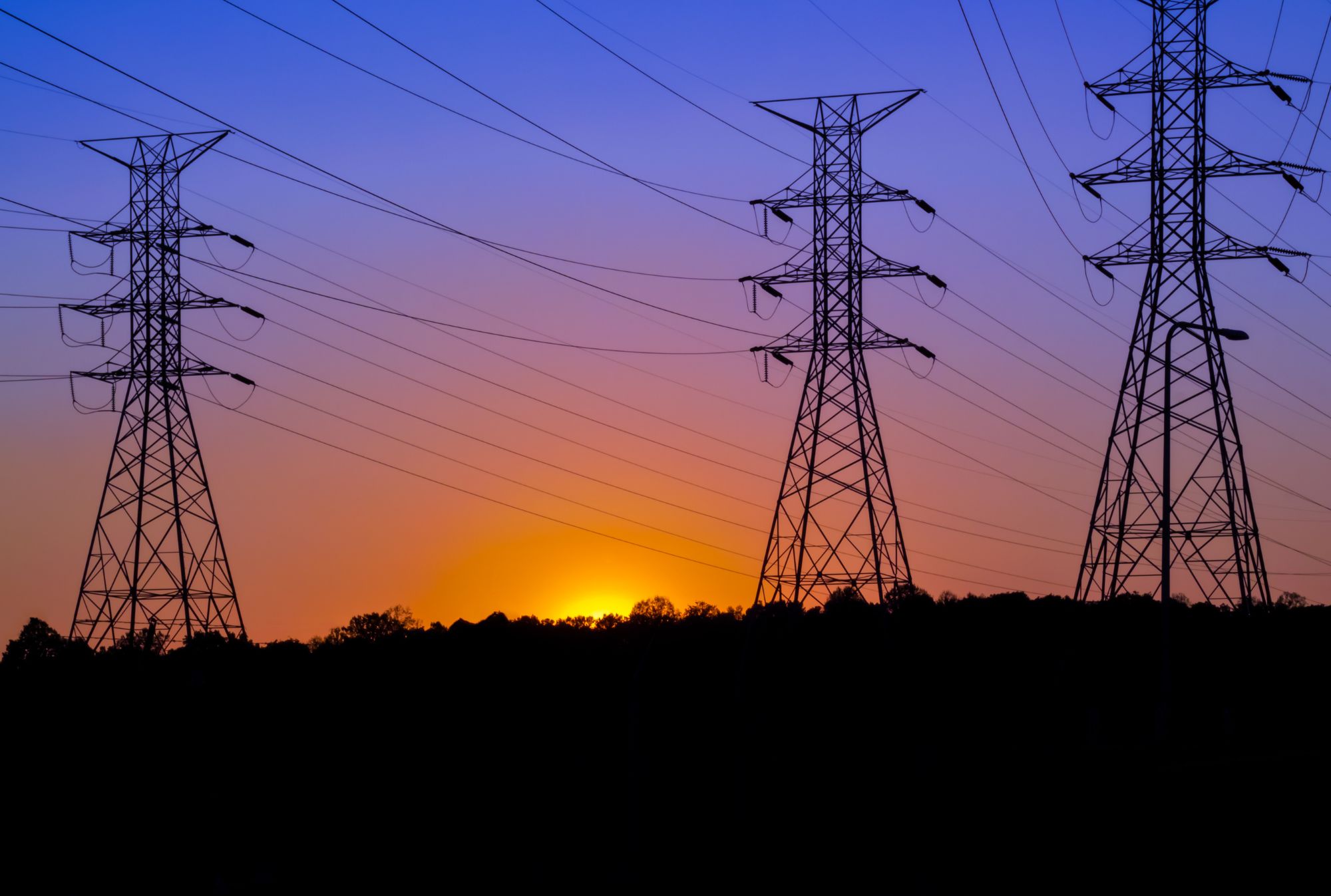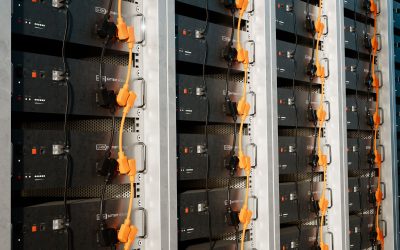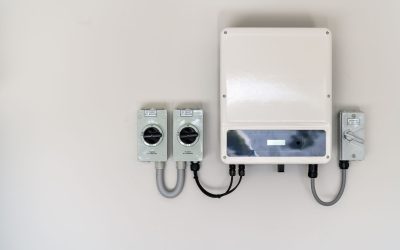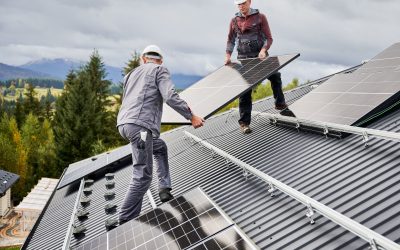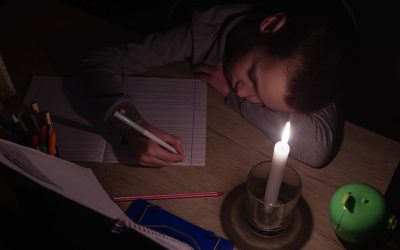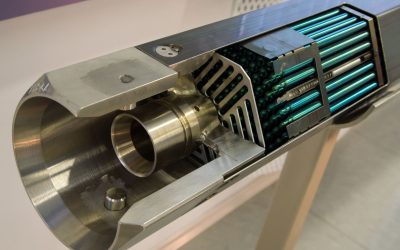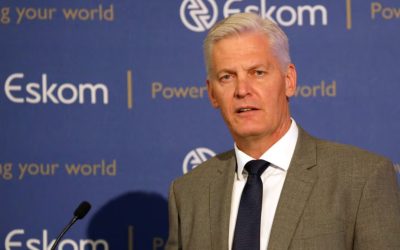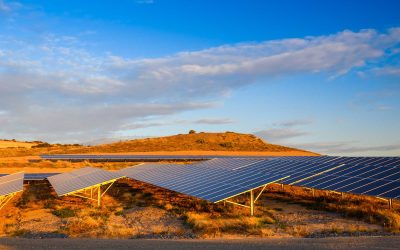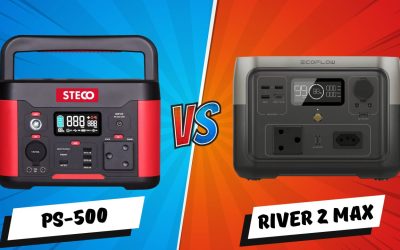Business Day reports that Cabinet has adopted a draft “Electricity Amendment Bill” that will, hopefully, lead to establishing an independent electricity transmission system operator (TSO). [1]
At the moment, in South Africa, we have electricity generators and we have the transmission network. The electricity generators are the power plants that generate electricity, and the transmission network consists of the power lines and other electrical equipment needed for getting the electricity to end users.
Currently, Eskom owns most of the generation plants as well as the main transmission network. There are also other owners of generation plants – independent power producers (IPPs). However, for these IPPs to get the electricity that they produce to be used by the end users, they have to make use of Eskom’s transmission network.
Electricity Trading
Eskom is a large company and, while the transmission network belongs to Eskom, it still operates somewhat separately from Eskom Generation. In fact, when an Eskom power plant produces electricity and feeds it into the grid, there is a commercial transaction between the plant, which belongs to the Generation Business of Eskom, and the transmission network, which belongs to the Transmission Business of Eskom. The plant is essentially billed for making use of the transmission network. Sure, the bill is an internal Eskom bill, but there is still a commercial transaction that takes place between the two business units.
Since 2008, Eskom has had a framework in place for accepting power produced by IPPs. It’s called “wheeling”. Essentially, Eskom’s Transmission business treats all IPP plants as Eskom Generation plants and charges them for using the transmission network. So, in the same way that there is a commercial transaction between Transmission and Generation when an Eskom plant feeds power into the grid, there is a commercial transaction between the IPP and Eskom’s transmission business.
The difference comes in at the end-user level. When an Eskom plant feeds electricity into the grid, Eskom is responsible for selling that electricity. Eskom Generation and Eskom Transmission do not have to find customers or off-takers. Eskom’s commercial arm handles that, and they have a monopoly on the market. When an IPP feeds electricity into the grid, the IPP is responsible for selling that electricity. Either it’s done through a private wheeling agreement, or it’s done through a power purchase agreement from a government-initiated IPP procurement process.
The Value of a TSO
From a technical point of view, a TSO would not add any value or changes to the way things are currently done. If you’re an IPP, you can feed electricity into the grid, with no problem. You can make use of Eskom’s Transmission network, sell the power to your customers, and get charged the same network fee that Eskom plants are charged by Eskom Transmission.
Depending on how it’s carried out, the value that a TSO provides is that it removes the potential for discrimination. At the moment, Eskom approves or rejects applications for grid access. There is a potential for Eskom to reject an application for grid access when Eskom stands to lose clients or a share of the electricity market. As more Eskom plants are decommissioned, Eskom will naturally lose some share (a lot actually) of the electricity market. It just makes sense for the network to be operated independently, and it puts Eskom in a position where they will need to compete for business with IPPs, leading to improved services, and better use of our natural resources.
So, overall, this is a step in the right direction. There may be some hiccups along the way, but I think we still have a lot of time to get this sorted. Also, let’s not be misguided, the process to establish a TSO is not going to hold up the progress of IPPs as they seek to profit from bringing more generation capacity online through wheeling.
References:
[1] Business Day. “Creation of independent electricity transmission operator gathers pace”. Online. https://www.businesslive.co.za/bd/national/2023-03-30-creation-of-independent-electricity-transmission-operator-gathers-pace/ (Accessed 30 March 2023)

